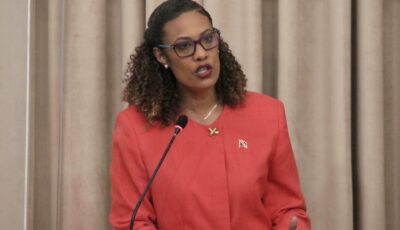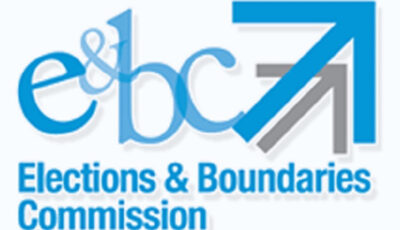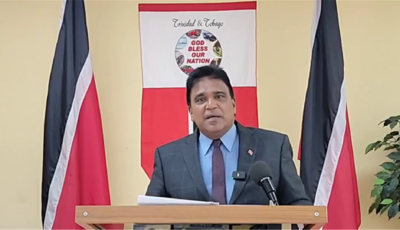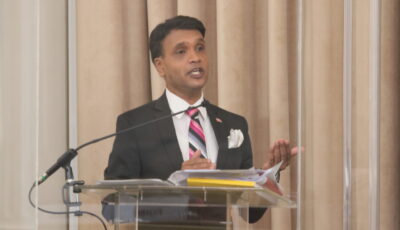Leader of the Opposition Message on World AIDS Day 2016
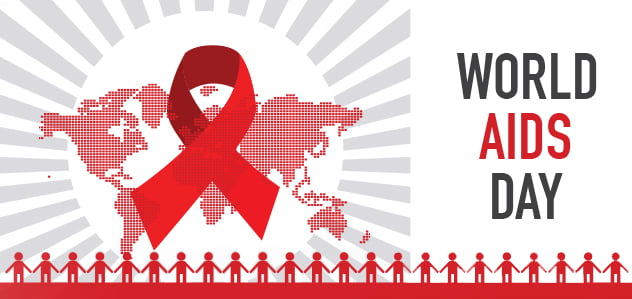 The global community is today marking World Aids Day with news from the UN agency, UNAIDS, that there is progress everywhere in the fight against the deadly virus that has killed 35 million worldwide since HIV was first reported as a health threat. In that same time 78 million HIV cases have been recorded.
The global community is today marking World Aids Day with news from the UN agency, UNAIDS, that there is progress everywhere in the fight against the deadly virus that has killed 35 million worldwide since HIV was first reported as a health threat. In that same time 78 million HIV cases have been recorded.
The good news is that by the end of 2015 UNAIDS had reached the goal of providing 15 million people with access to life-saving HIV treatment. And the agency has said its expanded access to HIV treatment between 2002 and 2012 prevented 4.2 million deaths globally. That’s a very encouraging 58 per cent reduction in new HIV infections.
In 2015 fewer people died from HIV than at any time in the past twenty years due to prevention programs. The number of HIV infections at the end of last year was 2.1 million, which was a 35 per cent decline since 2000. The expansion of treatment using antiretroviral therapy cut the death rate by 45 per cent.
World leaders have now set themselves the task of halting and reversing the spread of HIV by 2030. In a move in that direction the WHO is promoting innovative HIV testing aimed at reaching all geographical areas to ensure that no one is left behind. Its strategy is to encourage countries to empower more people to test for HIV because of its concern that many infected people are missing out on treatment for lack of HIV diagnosis.
HIV/AIDS is also a major challenge in our country, which has an infection rate that is among the highest in the region at 1.6 per cent of the population.
During my tenure as Prime Minister of Trinidad and Tobago the PP administration started containing the spread of HIV and reducing the death rate. In 2003 nineteen hundred people died from HIV/AIDS – five deaths a day. Through education and preventive strategies, the figures declined to 500 by 2012, the last year for which reliable UN data is available.
Trinidad and Tobago faces myriad problem in dealing with this disease. There is the social stigma attached to the virus, and a lack of understanding. To make further progress and achieve the goals set by international agencies, we must remove these hurdles and encourage greater education about HIV/AIDS.
In order to combat HIV we must be vigilant and work together. If we focus on that goal, we will prevent children from being born with the virus and also ensure that our youth are protected. That group is the most vulnerable, accounting for 42 per cent of new HIV infections in our country.
As we mark World AIDS Day I urge everyone to understand the dangers that the virus poses to our society and work with all stakeholders to halt its spread. We have made tremendous progress but until we eradicate it HIV will continue to pose a threat to our society.
We can defeat HIV; let us resolve to make it happen.


